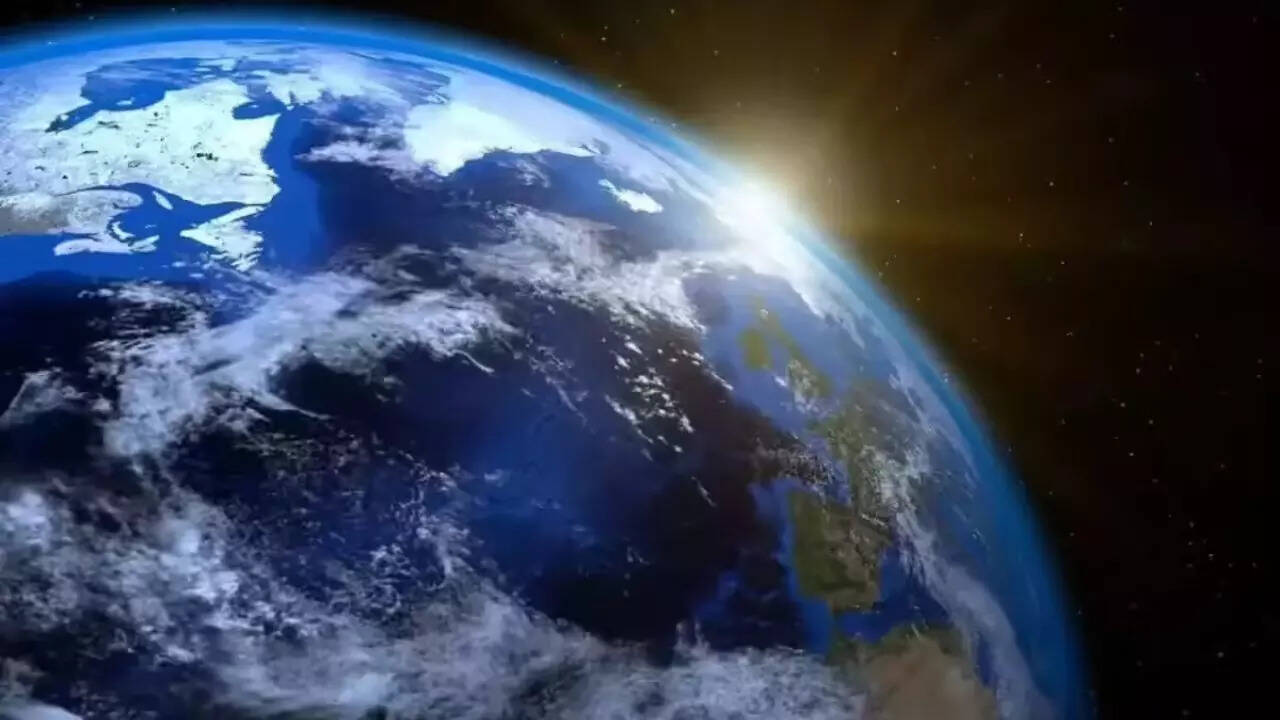Earth's faster spin may cause shorter days, scientists warn — should you be concerned

NASA astronauts share patriotic July 4 message from the ISS, showcasing Earth's fireworks from space, while Shubhanshu Shukla engages students with insights on daily life in orbit, highlighting the wonder of space exploration.

All major sources, one page
Feel the mood behind headlines
Know what’s trending, globally
Get summaries. Save time
8,428
134
211
12 minutes ago
Get instant summaries, explore trending stories, and dive deeper into the headlines — all in one sleek, noise-free mobile experience.
Stay sharp in 60 seconds. Get concise summaries of today’s biggest stories — markets, tech, sports, and more
All major sources, one page
Feel the mood behind headlines
Know what’s trending, globally
Get summaries. Save time
8,428
134
211
12 minutes ago
Get instant summaries, explore trending stories, and dive deeper into the headlines — all in one sleek, noise-free mobile experience.
Stay sharp in 60 seconds. Get concise summaries of today’s biggest stories — markets, tech, sports, and more